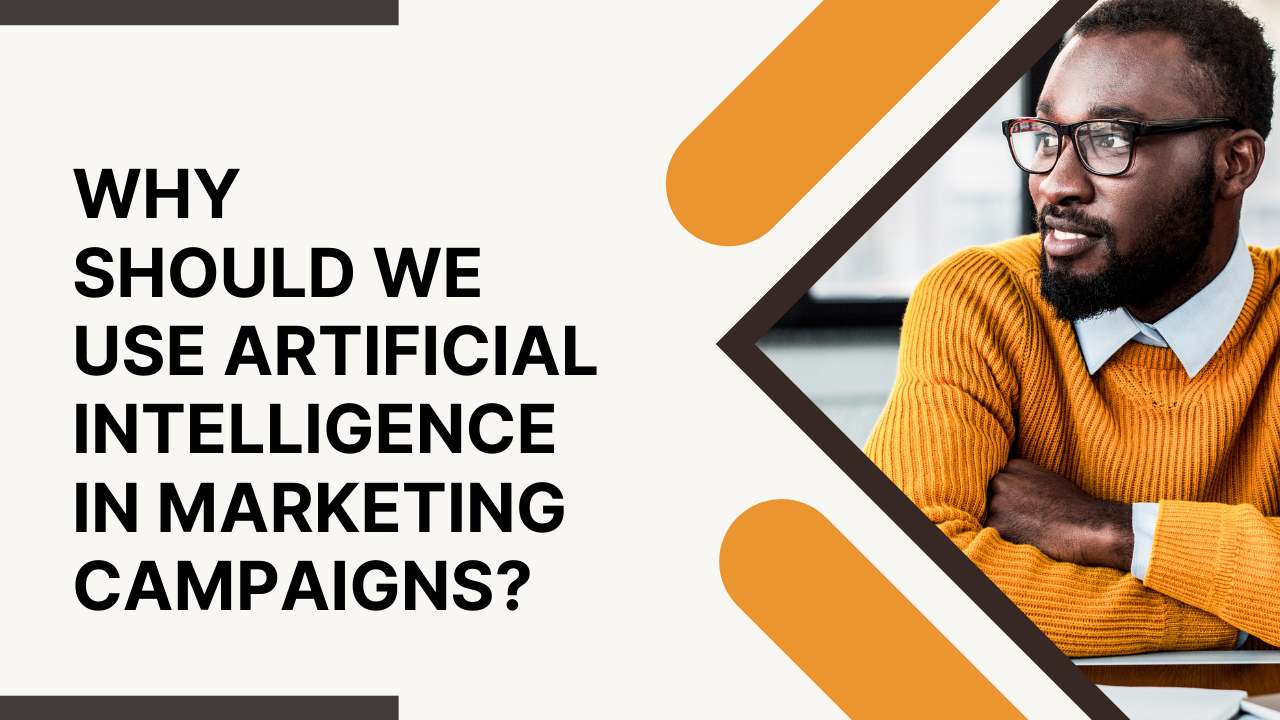
Hey, marketing enthusiasts and curious minds! Today, we're diving headfirst into the exciting world of artificial intelligence and exploring how it can take your marketing campaigns to exhilarating new heights.
In today's fast-paced digital landscape, marketing has evolved into a complex and data-driven discipline. As businesses strive to stay ahead of the competition and connect with their target audience more personally, leveraging artificial intelligence (AI) has become a game-changing strategy. AI offers marketers unprecedented opportunities to analyze vast amounts of data, deliver personalized experiences, and automate repetitive tasks.
1. Data-Driven Decision Making
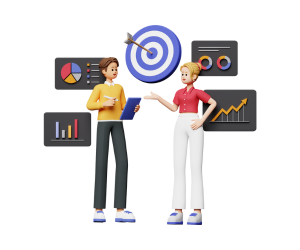
In the vast digital landscape, marketers are inundated with a deluge of data from various sources, including websites, social media, emails, and customer interactions. Processing and analyzing such vast datasets manually is impractical and time-consuming, which is where AI comes to the rescue.
AI-powered data analytics enables marketers to dive deep into the data, uncover patterns, and gain actionable insights quickly. Machine learning algorithms can identify correlations and trends that might otherwise go unnoticed, helping marketers understand customer preferences, behavior, and needs. Armed with this knowledge, marketers can make data-driven decisions, optimize marketing strategies, and allocate resources more effectively.
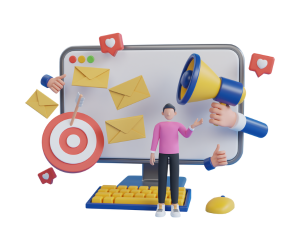
In the digital era, customers expect personalized experiences from the brands they interact with. Generic, one-size-fits-all marketing messages no longer cut it. This is where AI's personalization capabilities shine.
AI-driven recommendation engines, powered by machine learning, can analyze customer data to understand individual preferences and tailor product or content recommendations accordingly. Netflix and Amazon are excellent examples of companies that have mastered this technique. They use AI to suggest movies, shows, or products that align with each user's viewing or buying history, leading to increased engagement and conversion rates.
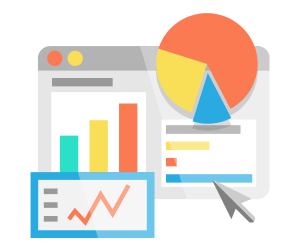
In marketing, the ability to predict future trends and customer behavior is invaluable. This is where AI's predictive analytics capabilities come into play.
AI can analyze historical data to identify patterns and make predictions about future outcomes. For instance, AI algorithms can forecast customer churn, allowing marketers to take preemptive action to retain valuable customers. Additionally, predictive analytics can assist in identifying new market opportunities, enabling marketers to stay ahead of the competition and tailor their offerings to meet emerging needs.
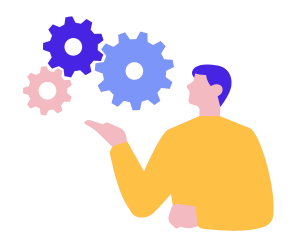
Repetitive and time-consuming tasks can be a drain on marketing teams, diverting their focus away from strategic planning and creative ideation. AI-powered automation is a game-changer in this regard.
AI can handle a wide range of marketing tasks with precision and efficiency. From email marketing to social media scheduling and reporting, AI-driven tools can automate various aspects of the marketing workflow. This automation not only saves time but also reduces the risk of human error.
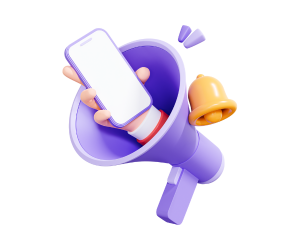
In the dynamic digital landscape, marketing campaigns need to be agile and adaptable to stay effective. AI empowers marketers to optimize campaigns in real-time, making data-driven adjustments on the fly.
Marketers can test different elements of their campaigns simultaneously and analyze real-time results. AI algorithms quickly identify which variations are performing better, enabling marketers to optimize messaging, design, or calls-to-action for maximum impact.
Let's explore some common types of AI marketing solutions and how to use them effectively:
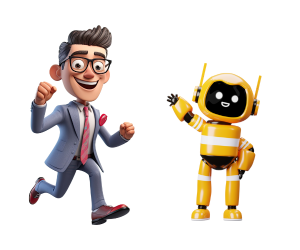
AI-driven personalization is a game-changer in the world of marketing. From personalized content and product recommendations to targeted marketing messages, AI ensures that each customer feels valued and understood.
By segmenting audiences based on interests and demographics and using AI-driven content creation tools, marketers can create compelling campaigns that resonate with individual customers, fostering stronger connections and driving better engagement.
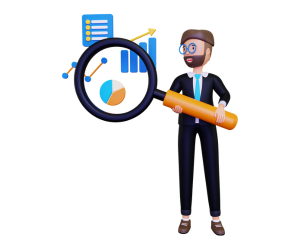
In the ever-changing landscape of marketing, predictive analytics has emerged as a powerful tool. By leveraging AI algorithms to analyze historical data and real-time insights, businesses can more accurately anticipate future outcomes and customer behavior. This enables marketers to make data-driven decisions and identify potential opportunities before they arise. From predicting customer churn to identifying high-value leads, predictive analytics empowers marketing teams to optimize campaigns, allocate resources effectively, and stay ahead of the competition.
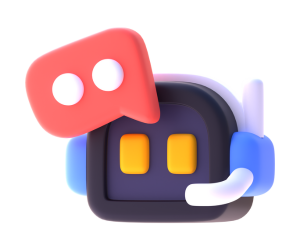
AI-powered chatbots are revolutionizing customer support and interaction. These virtual assistants, driven by AI and natural language processing, provide instant support and information to customers in real-time.
From answering frequently asked questions to guiding customers through the sales process, chatbots enhance customer experiences by delivering timely and accurate assistance. By integrating chatbots across various platforms and training them on different queries, businesses can ensure seamless customer support and free up human agents to focus on more complex tasks.
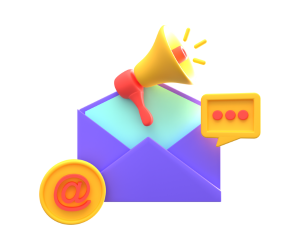
The efficiency and effectiveness of marketing efforts can be significantly enhanced with marketing automation powered by AI. Automating repetitive tasks like email marketing, social media scheduling, and lead nurturing saves time and reduces the risk of human error.
Furthermore, AI-driven segmentation allows marketers to tailor content and offers based on customer interests and behavior, leading to higher engagement and conversion rates. By continually monitoring campaign performance and making data-driven optimizations, marketing automation ensures that businesses can adapt quickly to changing market dynamics and customer preferences.
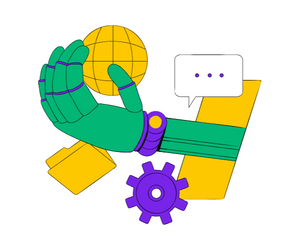
Artificial Intelligence (AI) has emerged as a transformative force in the marketing world, offering a plethora of game-changing advantages.
By analyzing vast amounts of data, AI enables data-driven decision-making, allowing marketers to gain valuable insights into customer behavior and preferences. Leveraging this data, AI-driven personalization delivers tailored experiences, enhancing customer engagement and loyalty.
Moreover, with predictive analytics, marketers can anticipate future trends and identify opportunities, empowering them to optimize campaigns and stay ahead of the competition.
AI-driven automation streamlines repetitive tasks, saving time and reducing human errors, while real-time campaign optimization ensures relevance and higher conversion rates. Embracing AI in marketing equips businesses with a powerful toolkit to deliver exceptional customer experiences, drive growth, and achieve marketing excellence in the dynamic digital landscape.
Artificial intelligence has become an indispensable tool in the modern marketing landscape. AI enables data-driven decision-making, enhances customer personalization, empowers predictive analytics for future success, streamlines marketing tasks through automation, and facilitates real-time campaign optimization.
So, go ahead and use it at your best!